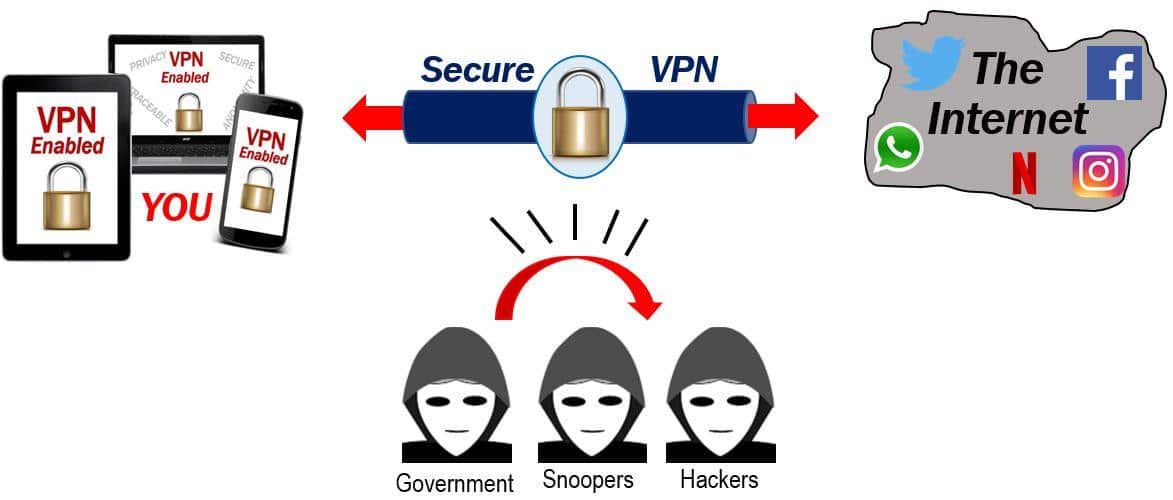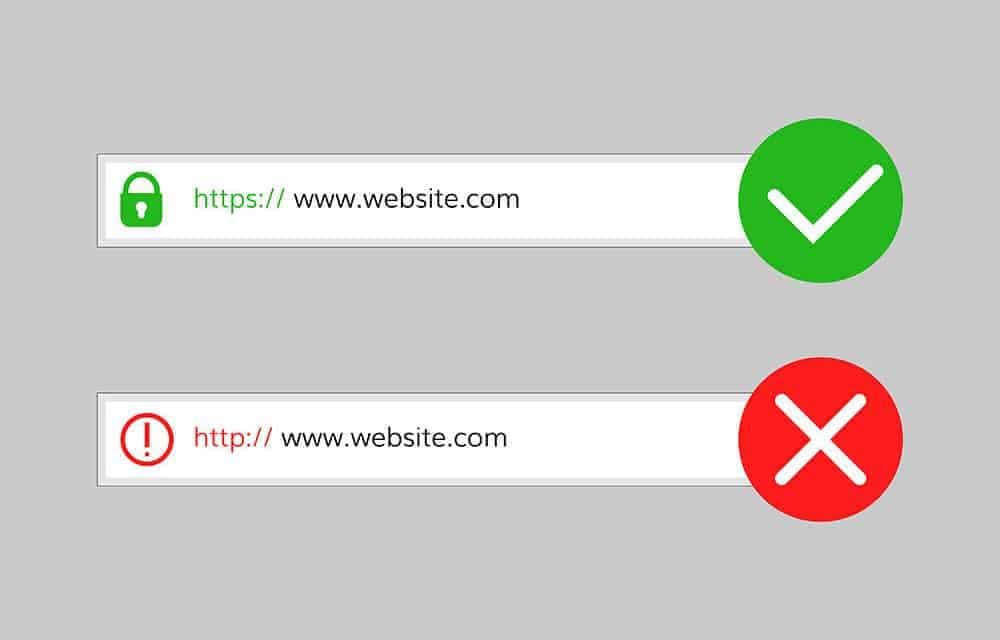How to Protect Your Internet Privacy
How to Protect Your Internet Privacy: Online privacy is a significant concern for most of us who use the internet daily. You never know how much of your data is exposed while you browse the world wide web, and it may be susceptible to theft or misuse. Even with all our technical advancements, it’s evident that our personal information and passwords aren’t safe online unless we take steps to secure them.
In today’s day and age, people take their privacy a lot more seriously, and with good reason. To help you in these treacherous virtual times, we’ve compiled a list of five easy tips you can use to protect your online information.
Table of Contents
5 Tips for 2020 to Protect Your Internet Privacy
1. Use Strong Passwords
A strong password is your first line of defense when it comes to protecting online data. It’s probably the most critical step that we can take towards keeping our info safe.
When you create a password, make it long and complicated. Try to combine special characters, numbers, and letters in both lower- and uppercase. That said, you still need to ensure that it’s something you can remember.
If you need to use a password that’s a little simpler, ensure that it’s still strong. Try to use something different for every online account you have. Keep these watchwords secret, change them frequently, and avoid saving them on public browsers and open networks that you don’t control.
2. Use a Virtual Private Network (VPN)

If you frequently use Wi-Fi hotspots and public networks, you should use a virtual private network to keep your data encrypted from prying eyes. Setting up a VPN is as easy as installing an extension on your browser, or an application on your smartphone.
A VPN will scramble data like your banking and account details, rendering them unreadable and virtually useless to hackers even if they do manage to access your device. It also makes it a lot trickier to access your private information or determine your location.
3. Set Permissions
Some websites can request a variety of permissions when visiting them. Requests can include your location, storage, camera, and microphone access. While many websites require it to make some of their features work, you should always be aware that others might not be secure and could result in data leaks.
The same applies if you have a membership website yourself, or if you’re using company software with multiple users. Hackers may try to steal private information by creating accounts or trying to access existing ones. That’s why it’s vital to set permissions that restrict these accounts.
For example, if your company uses Microsoft Teams, it’d be a good idea to create permissions that allow individual users limited access. If you’re unsure how to set them up, go through this guide for a few tips, or try finding step-by-step instructions online to get the correct info for the software you use.
4. Install Software and Operating System Updates When Prompted
Hackers are always coming up with new ways to compromise your internet privacy. Modernizing your software is crucial in keeping your data safe, so keep an eye out for any notifications.
Always update your applications or operating systems promptly, as they’ll often contain significant security upgrades that help close holes and vulnerabilities in the software.
5. Use HTTPS Websites, Especially for Financial Transactions

When you visit a website, make sure that your connection is secure. You can check the URL bar to see if it uses HTTP or HTTPS.
HTTP (Hypertext Transfer Protocol) links indicate that the connection between the website and your device is weak and can be easily compromised. HTTPS (Hypertext Transfer Protocol Secure) has additional protection and provides data encryption.
If you’re unsure whether a site uses a secure protocol, check for a little padlock icon in the URL address bar.
Take Away
Privacy is a human right, not a privilege. Even so, hackers have little regard for your privacy, so you must protect yourself. By using strong passwords and VPNs, you can start keeping your data safe.
You should also avoid unsecured websites, keep your software up to date, and always set account permissions to prevent leaks from happening. As long as you take these precautions, you’ll lower the chances of your online privacy being violated.
Follow Us On:
